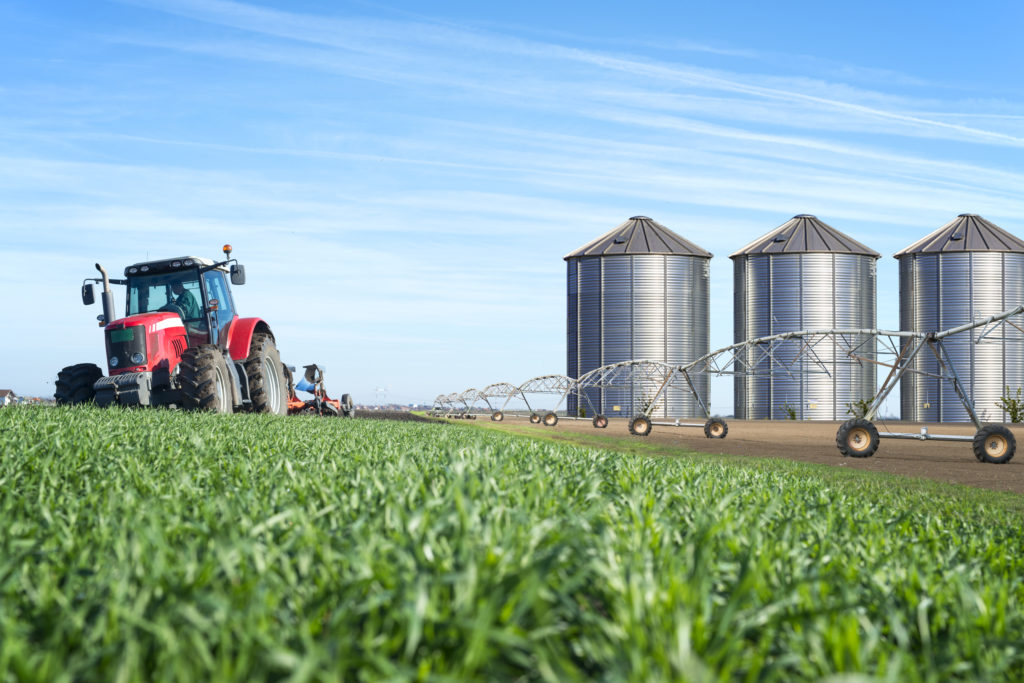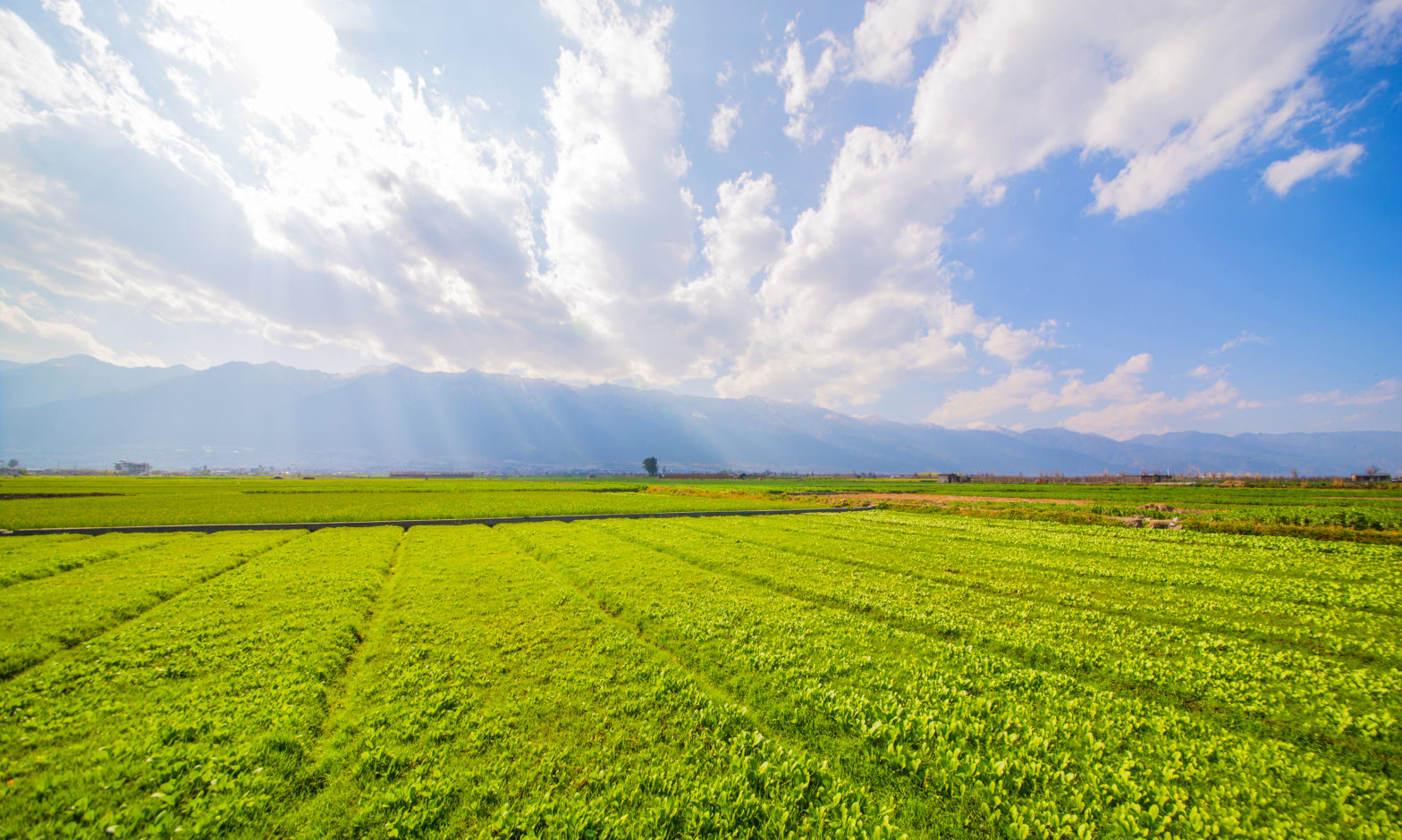Have you ever considered purchasing farmland but decided you couldn’t afford it? Even when you know it’s a wise investment, there are several factors to take into account. Unfortunately, land is fairly costly, especially if it is in a rapidly expanding location.
Owning even a small portion of land may generate revenue for you in the long and short term at the pace it is increasing. When the value considerably increases, you could choose to rent it out or sell it.
Additionally, having farmland will provide you with a safety net in case you experience financial difficulty and find yourself in desperate need of cash. In this article, we’ll help you discover how you can buy farmland with no money and the various strategies involved, as well as some useful tips.
3 Tips for Buying Land
Here are three aspects you should be on the lookout for before purchasing farmland:
1. Utilities
Which public services are offered? Utilities might make or break your real estate investment. It would not be possible to develop a piece of land if it lacked access to some or all of the necessities (electricity, sewage, and water).
2. Zoning
County zoning regulations outline what is permitted and prohibited on your land. Ensure the zoning regulations permit what you intend to do with the land, such as hunting or building a house. The County may be contacted to verify this easily using the parcel number for the property.
3. Location
Is the property landlocked or accessible? Is it accessible by a paved road or a dirt road? Is there potential for future resale?
How to Buy Farm Land With No Money

Due to the increasing price of farmland, realizing your dream of becoming a landowner could seem like a faraway dream. Thankfully, there are various strategies for acquiring land for little to no money.
1. Do a search
In this scenario, searching also entails seeking land with favorable purchase terms, in addition to searching for vacant farmland that is for sale.
For instance, look for land whose owners allow customers to acquire their properties using loans, installment payments, or other properties. Even if this kind of land is difficult to find, it can be done with the appropriate information.
Look for placements in the magazines and newspapers in your area. You may also get information through real estate agents, who are typically used by sellers as a speedier and safer way to market their properties. Additionally, potential land ads may be found on land property websites such as Zillow, Redfin, Craigslist, or the Land.com network.
You must be cautious while looking for farmland with flexible payment terms to prevent purchasing property with unrecognized issues. Some vendors make it simple to purchase their property in an effort to entice unsuspecting customers into purchasing land that is prone to flooding or has poor soil.
2. Work together with other buyers
There is always power in numbers. Assemble a group of purchasers who are likewise eager to purchase land for little or no money. You may be able to negotiate a better price with a land seller if you work as a team.
Despite the size of the farmland sold to your team, it will cost less than if each team member purchased their piece separately. Additionally, it will reduce how much each contribution is affected by loan rates and down payments. If you decide to use this strategy, be sure that every member of the team is bound by a legal document.
3. Get a loan
Think about borrowing money from a bank, or a cooperative organization you are a part of, relatives, friends, or money lenders. Whatever the situation, make sure there is a written contract with specific terms and conditions that binds you and your lender.
A loan is a simple way to purchase farmland if you lack the necessary funds. When looking for a loan, look for lenders with affordable interest rates. Additionally, choose loans that just require a minimal down payment. However, a smaller down payment may lower your chances of approval and raise your interest rate.
4. Bear the mortgage of your seller
If your prospective seller is repaying debt on the farmland you are just about to purchase, you can negotiate to continue repaying the seller’s loan even after you have acquired ownership of the property. If the rates are low and fixed, this type of contract is often advantageous.
Keep in mind that not every loan can be assumed. You must do your homework to ensure that the loan you are going to assume is assumable and that your seller’s creditor is properly taking part in the process. By accepting your seller’s loan, you can save yourself the expense and hassle of getting a new loan.
5. Trade with your assets
You could own expensive items that aren’t very useful to you. These assets may consist of automobiles, business equipment, or any other gift or inheritance left to you by your deceased relative.
Post an advertisement in the neighborhood paper expressing your desire to trade your home for some acreage. If you do have properties that are sitting empty and losing value quickly over time, think about using this strategy. To prevent losing out, perform a thorough appraisal of your property’s value before trading it for a plot of farmland.
6. Lease to own
You can work out a deal with your seller to lease the land you’re going to purchase for a while.
Until the agreed price of the land is entirely paid, the money received from leasing the property will be compensated to your seller. In reality, the only costs you will incur are those related to managing the farmland so that it generates income, at which point you acquire ownership.
If the asking price is exorbitant and no one is interested in making a one-time payment to purchase the land, the seller may decide to let prospective purchasers lease the property. This agreement is advantageous to you and your seller.
Since you aren’t the one making the payment in full, your seller is free to determine the rate of the land at a greater level. On the other hand, if you manage the lease of the farmland and pay the agreed-upon rental charge to your seller for a set length of time, you will acquire ownership of the land.
7. Work with real estate firms
When buying land from a real estate company, the majority of them offer their customers a payment schedule. These payment options are made to work with purchasers of all income levels. They are also widely dispersed, so their effect on the revenue of their clients won’t be significant.
The elimination of extraneous costs like agency fees and high-interest loan costs is a benefit of purchasing directly from real estate firms. When you work with real estate firms and you finish your payment schedule, you are awarded complete ownership of your land. Additionally, your payment schedule will provide you with enough time to finish.
You can purchase land from real estate businesses in a planned community. They are reliable resources for getting land. They will use appropriate documentation methods to source and correctly describe your files.
8. Explore other options for down payments
If you are unable to make the required down payment for the farmland, discuss different payment options with your vendor. For instance, you can suggest a higher payment rate for the land purchase.
If you’re borrowing the money and need to make a payment in order for your loan to be approved, you can ask the seller to make the down payment on your behalf. After the sale is completed, you pay your vendor back for their cooperation.
9. Utilize your skills as an exchange
Consider utilizing your real estate-related skills as a trade-in or partial payment for some land. A common example is being engaged as an engineer or a surveyor to manage an estate’s construction. You may ask your client to compensate you using a portion of the farmland if you are contracted to survey a sizable area of land.
You can trade other things for a parcel of land in addition to employing your real estate-related abilities, particularly if your customer owns multiple plots. Additionally, you can bargain with your company at work to withhold a portion of your pay for a predetermined amount of time, following which you will receive a plot of land.
10. Assume the debts of your seller
It’s possible that your vendor is drowning in debt and has little to no chance of paying it off by the deadline. You can make an agreement with your vendor to pay off their debt in consideration of a down payment on the farmland if you really have the financial capacity to do so. In the same way that you would if you were taking over your vendor’s mortgage loan, look for a cheap interest rate and any potential hidden terms.
Let Us Help You Buy Farm Land With No Money
At times, it can be too expensive for potential landowners to purchase land. As an alternative, consider renting or leasing land. Check out Craigslist and similar websites, or better yet, get in touch with landowners directly using a landowner map.
Verify that the seller or land firm you are dealing with is reputable by reading testimonials left by previous clients. There are considerations you should make before purchasing farmland, such as the property’s zoning, location, and utilities offered. If you have farmland that you need to sell, we’ll help you sell your land quickly without listing fees, and you’ll get a free, no-obligation cash offer. Why not give us a call today?

